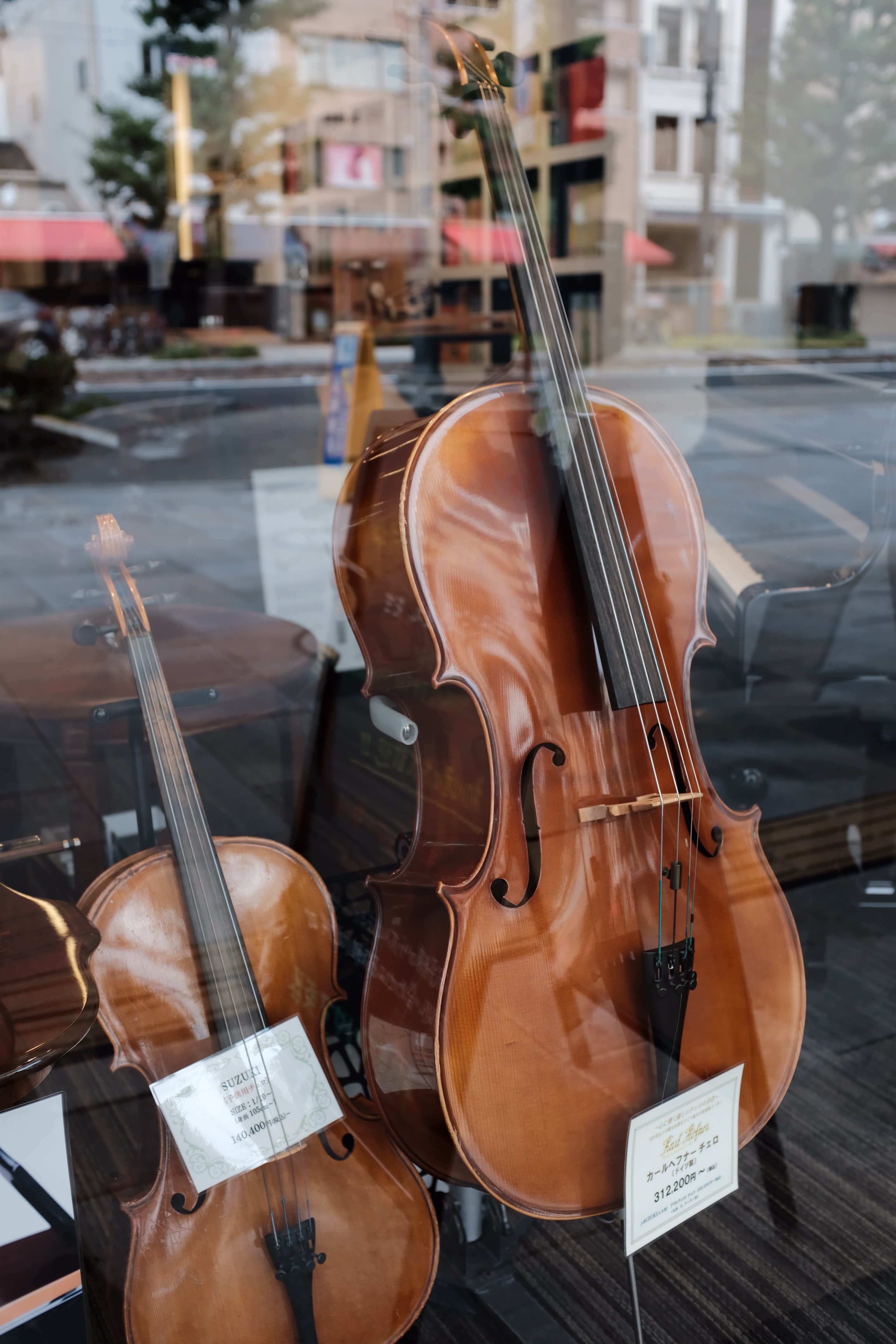Everything these days seems to be about speed: dating, weight-loss, ways to transform your life. It is as if life is running away from us and if we do not act fast, we shall have missed the opportunity. Yet, we are living longer than ever and have more free time than our ancestors would have dreamed of. If there were ever a moment in history when time really was on our side, it would be now.
Further, easy gains, like fast food, only give us a quick fix. They do not satisfy and they certainly do not endure. For those making these products, this is the whole point. You will keep coming back for more: always hungry, always eager for ways to fill that empty space. We know in our hearts that it won’t work, can’t work, but it just all seems so much easier.

What do you want to achieve?
So what I am proposing is this – that in one area of your life, where you would like to explore your creativity or to achieve a particular goal, you give it a real shot at success. The 500 day part is somewhat arbitrary and I’ll explain it in a moment, but 500 days of regular practice of absolutely anything is bound to bring very satisfying results.
According to the European Journal of Social Psychology (2009) it takes between 18 and 254 days to form a habit. The wide variation depends on the person and the new habit that you wish to form, but it suggests that absolutely anyone could achieve a good habit within this time frame.
So what would you like to do? Learn the cello? Paint? Write a book? None of these things can be tackled in an afternoon. They take a life-time. Yet, if we do not start now, when will we?

All my life, I’ve loved the cello, but I played piano and never thought to ask to add another instrument. I must have mentioned this once too often and my husband called my bluff. For my 45th birthday, he gave me a cello. It was a thing of great beauty and I knew then that I would have to organise lessons and start practising!
My days were crammed with teaching, corralling my teenage sons and running a household. When on earth would I find time to practise? But I did, and I made very good progress until, unfortunately, back problems forced me to stop. Was it worth it? Absolutely. That half hour or so a day puzzling out the intricacies of fingering and bowing and music were often the most peaceful and happiest.
500 days
Which brings us to the 500 day part. As those of you who have been following this blog know, I have been learning Swedish. Why? Because I love all things Swedish and hope one day to spend a good long time in that country. Equally, I know that learning a language is my best defence against the ravages that MS wreaks on my brain. Not the most sexy of reasons, I know, but I am quite certain that it is working: reducing brain fog and increasing my mental acuity.
This week, I shall reach my 500 days of learning through Duolingo. It also coincides with my finishing the course, which I am pleased to say, I now have. Needless to say, I am hardly fluent, but I certainly have at least a basic understanding of the language. Reading Pippi Longstocking in the original will hopefully involve only a foray into the diction every sentence or so rather than every other word.

Having completed my 500 days, I shall continue to learn the language, but the goal of finishing the course was what set me on the right path. If I am honest, I am only just beginning, but now that the habit is formed and I have made such progress, it won’t be difficult to continue.
Commitment is the key to happiness
If I have learned anything in life, it is the above. What brings us real and lasting joy needs to be earned, to be maintained, to be nurtured. Think of your dear friends. They are the ones we have known for many, many years, who have witnessed and supported us in joy and sorrow. We keep them because they are precious and we know committing to that friendship will require a little effort on our part. Yet, I doubt any of us would view it as hard work. The same applies to all our endeavours whether they be in relationships or skills. The time and effort we put in will match the rewards we take out.
It is hard to kick the trend. It is hard to go against the grain of a society in which the disposable is ubiquitous, cheap and so easy. It is hard to say that spending time caring for a garden every day is as scintillating as visiting different ones and certainly is less Instagrammable. But it is (and I love to visit new ones too!)
When we can ignore the hype of the latest, next thing and focus on what our hearts really crave, we will find a joy much deeper and more enduring than any instant experience. So I urge you to join me in committing to a goal you have long deferred. Give it the space and time it needs. 500 days is approximately 16 months, a tiny portion of our lives.
Let me know how you get on. I’m planning to try to play the cello again and hoping my back will cooperate. I will have to return to the beginning and will no doubt make a lot of unpleasant screeching, but I got there before and I can get there again. It will take time, as all good things do. And as we all know, Rom byggdes inte pa en dag. (Rome wasn’t built in a day)



